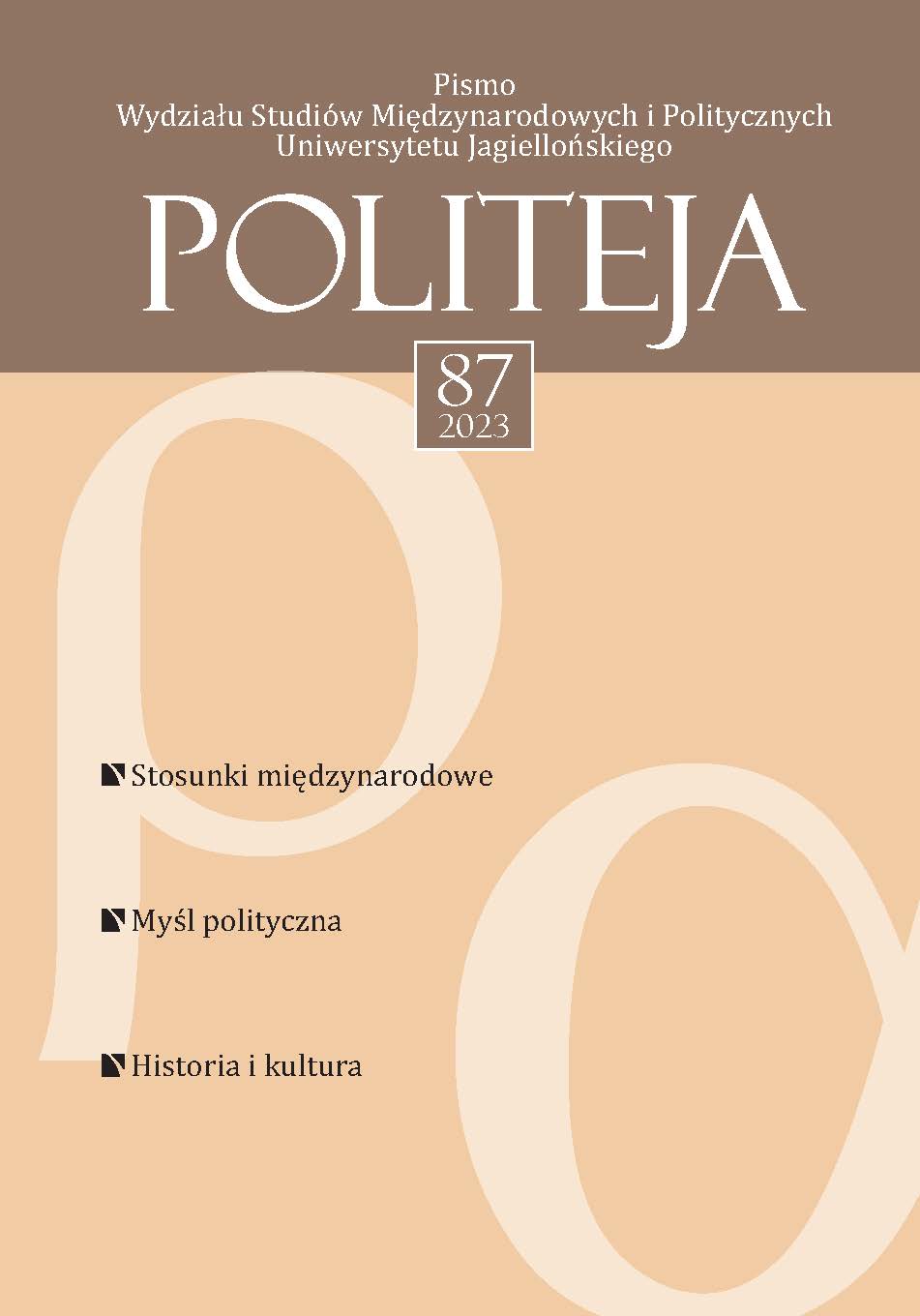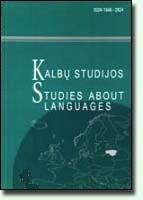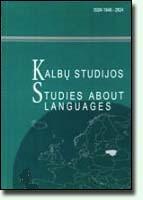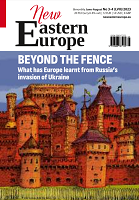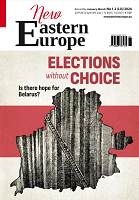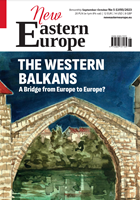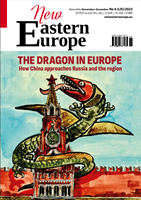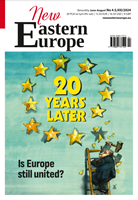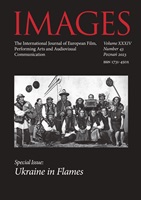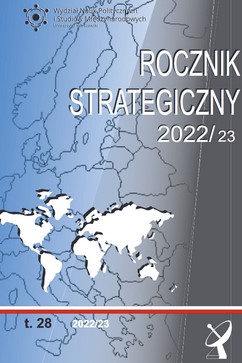
Network Analysis of Disinformation Actors During COVID-19 Pandemics and Beyond: The Case of Czech Facebook
Disinformation has been on the rise in recent years. Especially Central and Eastern Europe felt this in the form of Russian hybrid campaigns aiming to destabilize democratic governments and whole societies. Despite the apparent threat, there is a considerable research gap regarding the disinformation scene in the Czech Republic, particularly during the COVID-19 pandemic and after the Russian invasion of Ukraine. This article aimed to cover this gap by conducting a social network analysis of the Czech disinformation scene on Facebook from the beginning of the pandemic on March 11, 2020, until August 2023. The final dataset contained more than 6,000 posts, resulting in a network of 3,822 actors and 7,255 interactions. The analysis showed a high interconnectedness of the analyzed network and confirmed the crucial role of politicians and other public figures in spreading disinformation in the Czech Republic. Furthermore, a “disinformation spillover” from Slovakia to Czechia was observed, pointing out the interconnected disinformation scene in the two countries.
More...
